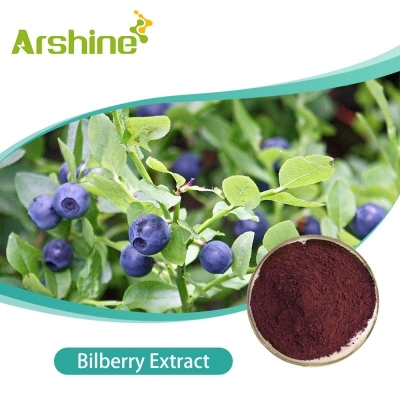Progress in jasmonate regulation of apical stem cell maintenance
-
Last Update: 2011-10-10
-
Source: Internet
-
Author: User
Search more information of high quality chemicals, good prices and reliable suppliers, visit
www.echemi.com
Researchers from the Institute of genetics and developmental biology, Chinese Academy of sciences have made important progress in jasmonate regulation of apical stem cell maintenance and root growth The relevant research results were published online on September 28, 2011 in the famous international botanical journal the plant cell (the average influencing factor in the past five years is 10.69) The corresponding author of this paper is Li Chuanyou, a researcher from the Institute of genetics and developmental biology, Chinese Academy of Sciences Chen Qian, a doctoral candidate, and sun Jianqiang, an associate researcher, are the co first authors of this paper This research is supported by major research projects of the Ministry of science and technology and the National Natural Science Foundation of China Jasmonic acid, as a plant hormone closely related to stress resistance, mainly regulates plant resistance to insect attack, pathogen infection and mechanical injury, and also participates in the regulation of root growth, gamete development, maturity and aging As early as the early 1980s, it was recognized that jasmonate inhibited plant growth, but the cellular and molecular mechanisms of jasmonate to achieve this physiological function were not clear In this paper, the researchers found that the inhibitory effect of jasmonic acid on the growth of Arabidopsis root is reflected in the effect on cell division and cell elongation At the same time, jasmonate changed the cellular structure of root tip stem cell microenvironment, including the abnormal division of quiescent center (QC) cells and the abnormal differentiation of root cap stem cells, and reduced the activity of root meristem These cytological changes induced by jasmonate are similar to the phenotype induced by plethora (PLT) mutation in the stem cell transcription factor gene of auxin pathway Gel blocking, chromatin immunoprecipitation and other molecular biological experiments showed that MYC2, an important transcription factor of the jasmonic acid signaling pathway, directly binds to the promoter of PLT1/2 and inhibits its expression Because auxin pathway regulates the maintenance of apical stem cells and the activity of root meristem cells by up regulating the expression of PLT, and jasmonic acid negatively regulates the maintenance of apical stem cells and the activity of root meristem cells by down regulating the expression of PLT, this work reveals a new mechanism of antagonistic interaction between jasmonic acid and auxin in regulating the maintenance of apical stem cells and the growth of root meristem cells This work shows that the coordination of growth and development process through the interaction of different hormone signals may be the general mechanism of plant response to environment during the long-term evolution.
This article is an English version of an article which is originally in the Chinese language on echemi.com and is provided for information purposes only.
This website makes no representation or warranty of any kind, either expressed or implied, as to the accuracy, completeness ownership or reliability of
the article or any translations thereof. If you have any concerns or complaints relating to the article, please send an email, providing a detailed
description of the concern or complaint, to
service@echemi.com. A staff member will contact you within 5 working days. Once verified, infringing content
will be removed immediately.







